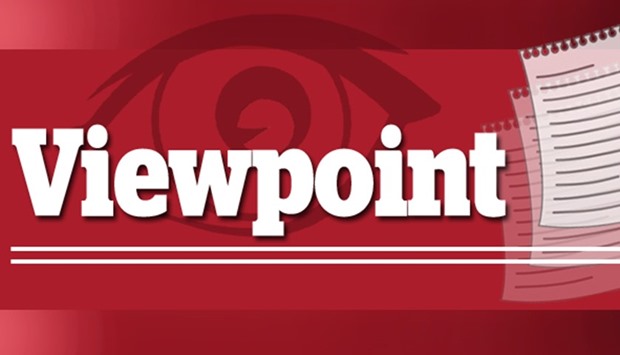Republican front-runner Donald Trump has broken just about every rule of conventional US presidential campaigning. Short on a long-term political vision to help shape the destiny of the nation, he has gleefully insulted Muslims, Mexicans, women and virtually all of his opponents.
A Trump-in-the-White-House scenario poses high stakes for the Gulf region. Gulf Arabs could pull billion in investment money from the US if Trump, who triggered a global outrage when he advocated a temporary ban on all Muslims entering the US, wins the presidency later this year, prominent UAE businessman Khalaf al-Habtoor said. Saudi billionaire Prince Alwaleed bin Talal, who has a substantial portfolio of US holdings including Citigroup, Twitter and News Corp, has called Trump a “disgrace” in a Twitter spat.
If other Gulf investors take a similar view, billions of dollars of Gulf money slated for investment in the US could be at risk. The UAE was America’s largest trading partner in the Middle East in 2014, with $25bn in bilateral trade. Qatar’s sovereign wealth fund plans to invest $35bn in the US over the next five years.
Hitting to local galleries, Trump has railed at the loss of US jobs to overseas competitors and said as president he would “get Apple to start building their damn computers and things” in the US, instead of China. A possible hostile takeover of the White House by protectionist Trump is sending shockwaves through the financial world.
Trump is already proving a divisive character in the US political theatre. Prominent actors, writers and thinkers have joined a “Stop Hate Dump Trump” campaign to denounce the populist. Calling him “astoundingly ignorant,” conservatives have also asked the Republicans not to support his candidacy.
On the face of it, the US constitution lays out just three requirements to be eligible to become president: You must be at least 35 years old; have lived in the US for at least 14 years and be a natural-born citizen. But it’s much more complex than it seems to be. Americans have the longest (2-year), most expensive (the 2012 race had a price tag of more than $2.6bn) and arguably the most complex system (in 2000, Vice President Al Gore gained a half million more popular votes than Texas Governor George W Bush, but Gore lost to Bush at the Electoral College) of choosing a head of state in the world.
In a wider sense, the rise of Trump also turns the spotlight on the defining impact of money on US politics and public policy.
Trump might go on to win the nomination and even make it to the White House. To be sure, it’s entirely up to the American electorate to decide who the US president be.
But here’s the billion dollar question: Can a ruthless corporate honcho, who would balk at nothing to sell his short-term, profit-driven corporate goals, be trusted with arguably the most powerful job in the world?
Stake are high not just for a sharply divided nation, but for the whole world.

Viewpoint
